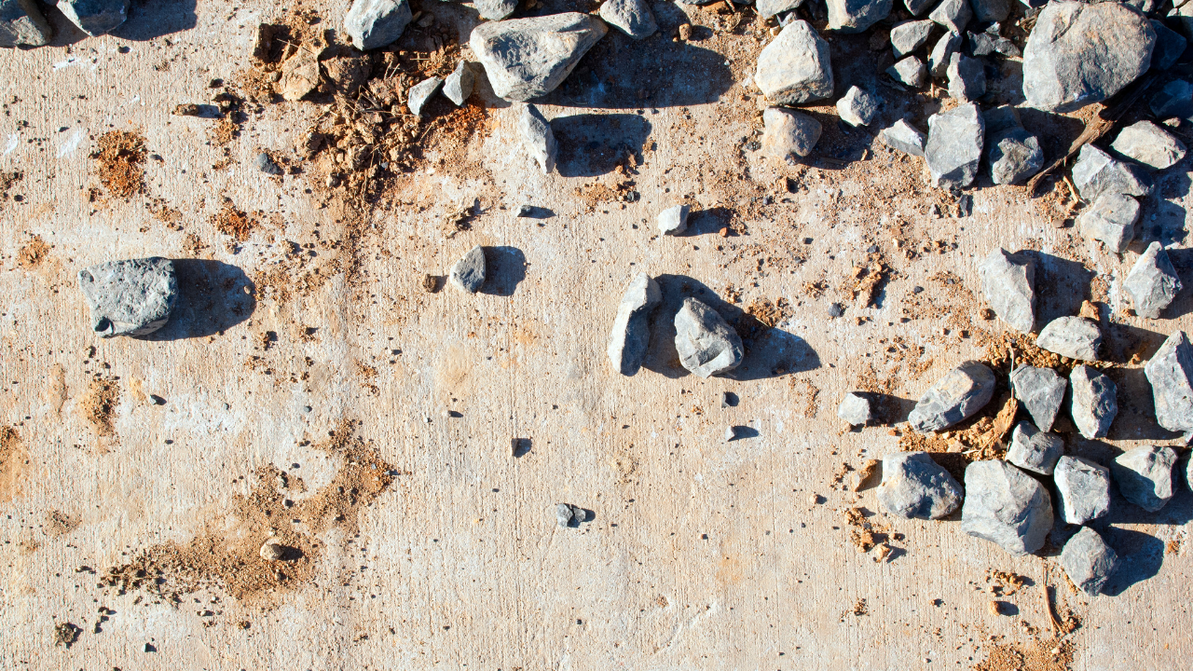Reducing Waste on a Construction Site
Construction sites are often associated with large amounts of waste, ranging from leftover materials to packaging waste and debris. Consequently, the construction industry has a significant impact on environmental sustainability. However, by implementing simple yet effective strategies, we can significantly reduce waste on construction sites, demonstrating our commitment to responsible building practices. In this blog post, we will explore some practical ways to minimize waste and promote sustainability on construction sites.
1.Material Management and Planning
One of the most effective ways to reduce waste on construction sites is through careful material management and planning. By strategizing material needs ahead of time, construction companies can avoid over-ordering materials that end up as waste. Additionally, collaborating with suppliers to minimize packaging waste can have a substantial impact. Implementing just-in-time delivery methods ensures materials are delivered precisely when needed, preventing unnecessary accumulation of materials.
2. Reuse and Recycling
Encouraging the reuse of materials within the construction industry is another vital step towards waste reduction. Salvaging and reusing materials, such as lumber or metal, not only reduces waste but also saves money. By establishing a system for identifying reusable materials on-site and storing them appropriately, construction companies can maximize their potential for reuse. Furthermore, incorporating recycling programs on construction sites is crucial. Providing designated areas to sort and separate recyclable materials, such as plastic, glass, and metal, can significantly reduce waste sent to landfills. Partnering with local recycling facilities ensures that these materials are appropriately processed and given a new life.
3. Prefabrication and Modular Construction
Prefabrication and modular construction techniques are gaining popularity due to their ability to reduce waste significantly. By constructing components off-site and assembling them on-site, builders can minimize errors, optimize material use, and reduce waste generation. Additionally, prefabrication reduces construction time, leading to increased project efficiency and reduced disturbance to the surrounding environment.
4. Waste Management Audits and Education
Conducting regular waste management audits on construction sites can help identify areas where waste reduction can be improved. By closely monitoring waste generation, companies can target specific practices or areas that generate excessive waste and implement corrective measures accordingly. Additionally, educating workers on waste reduction strategies, including proper sorting techniques and the importance of sustainability, creates a culture of environmental responsibility on construction sites.
5. Collaboration with Green Suppliers and Contractors
Collaborating with suppliers and contractors who prioritize sustainable practices can significantly contribute to waste reduction efforts. Choosing suppliers who offer sustainable packaging options or have recycling programs in place ensures that waste reduction efforts extend beyond the construction site itself. Partnering with like-minded contractors who share a commitment to reducing waste can lead to innovative solutions and a more sustainable construction industry as a whole.
Reducing waste on construction sites is both an environmental responsibility and an opportunity for sustainable development. By implementing strategies such as effective material management, reuse and recycling, prefabrication, waste management audits, and collaboration with green suppliers and contractors, construction companies can contribute to a more sustainable future. Embracing these practices not only minimizes waste but also saves costs, improves efficiency, and enhances the overall reputation of the construction industry. Let us all take this responsible step towards sustainable building and leave a positive impact on our planet.
Recent Posts
-
Top 5 Myths About Scaffolding – Busted!
Don’t Let These Common Misconceptions Slow Your Project Down At Southwest Scaffolding, we hear …Jun 30th 2025 -
What Happens to Old Scaffolding?
A Peek Into Recycling, Reuse, and Creative Upcycling Ideas Introduction: Scaffolding doesn’t l …Jun 28th 2025 -
Why Locking Pins and Couplers Matter More Than You Think
When most people think about scaffolding, they picture the platforms, frames, and guardrails—b …Jun 16th 2025




